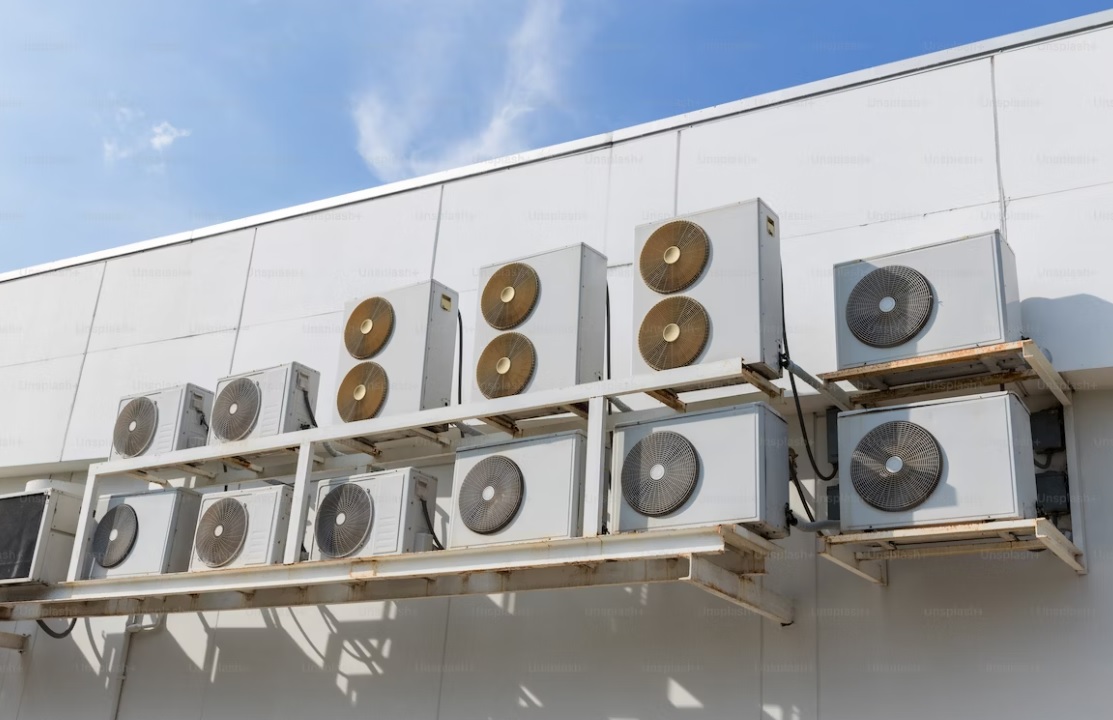Air conditioning filters play an essential role in maintaining the quality of the indoor air that we breathe. They are responsible for removing harmful particles such as dust, pollen, and other pollutants from the air. However, not all filters are created equal. There are different types of air conditioning filters, each with its own unique features and benefits. When you’re unsure which type of air conditioning filter is best suited for your needs, you can always consult with the experts at London Air Conditioning Fitters for guidance and advice.
Below are the different types of air conditioning filters and their advantages.
Fiberglass Filters
Fiberglass filters are the most common type of air conditioning filter. They are made from layered fiberglass fibers that are designed to trap large particles, such as dust and dirt. These filters are inexpensive and easy to install, making them a popular choice for homeowners. However, they are not as effective as other types of filters and need to be replaced frequently.
Pleated Filters
Pleated filters are made from a dense mesh of cotton, polyester, or another synthetic material. The dense mesh is folded, or pleated, to increase the surface area of the filter, allowing it to trap smaller particles, such as pollen and pet dander. These filters are more effective than fiberglass filters and last longer. They are also available in various sizes and thicknesses, making them suitable for most air conditioning systems. Without proper air conditioning ventilation, the importance of replacing pleated air filters regularly would be lost.
Electrostatic Filters
Electrostatic filters are made from self-charging fibers that attract and trap particles in the air. These filters use static electricity to attract and capture pollutants, making them highly efficient at removing even the smallest particles, such as smoke and bacteria. They are also washable and reusable, making them more cost-effective in the long run. However, they can be expensive to purchase initially.
HEPA Filters
High-Efficiency Particulate Air (HEPA) filters are the most effective type of air conditioning filter. They are capable of capturing 99.97% of particles in the air that are 0.3 microns or larger. This includes pollen, dust mites, and even some bacteria and viruses. These filters are used in hospitals and other sensitive environments where clean air is critical. They are also available for residential use, but they can be expensive and require a powerful air conditioning system to function properly.
UV Filters
UV filters are designed to kill bacteria, viruses, and other microorganisms that may be present in the air. These filters use ultraviolet light to sterilize the air and prevent the growth of harmful microorganisms. They are often used in medical facilities and other sensitive environments but can also be used in residential settings to improve indoor air quality. However, they can be expensive to purchase and require regular maintenance to ensure they continue to function properly.
Activated Carbon Filters
Activated carbon filters are designed to remove odors and other volatile organic compounds (VOCs) from the air. These filters use activated carbon, which has been treated with oxygen to create millions of tiny pores between the carbon atoms. These pores trap and absorb VOCs and other pollutants, such as smoke and fumes. They are often used in commercial and industrial settings but can also be used in residential settings to remove odors from cooking and other household activities.
Conclusion
Choosing the right air conditioning filter is essential to maintaining good indoor air quality. The type of filter you choose will depend on your specific needs and the air quality in your area. Fiberglass filters are the most basic type of filter and are suitable for most homes. Pleated filters are more efficient and last longer than fiberglass filters. Electrostatic filters are highly efficient and washable, making them a cost-effective choice. HEPA filters are the most effective type of filter but can be expensive and require a powerful air conditioning system. UV filters and activated carbon filters are designed for specific needs, such as removing bacteria, viruses, and odors from the air. Additionally, following this quick guide to clean your air conditioner, can ensure the air quality in your home is maintained at a healthy level.

